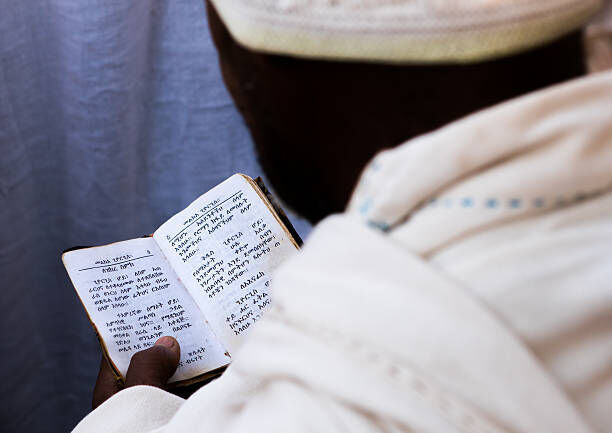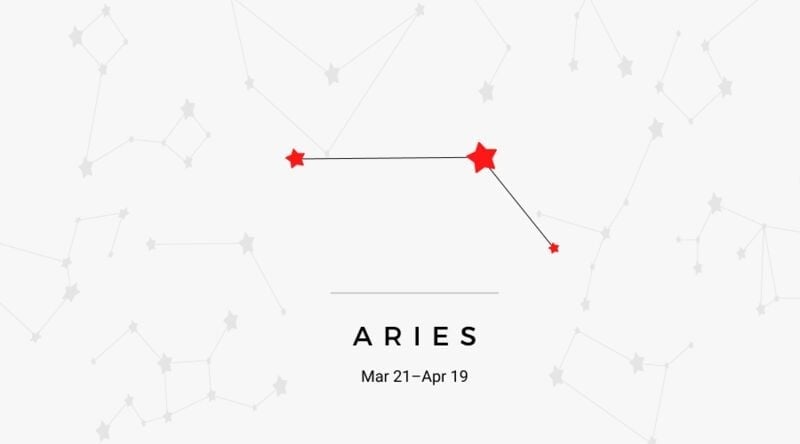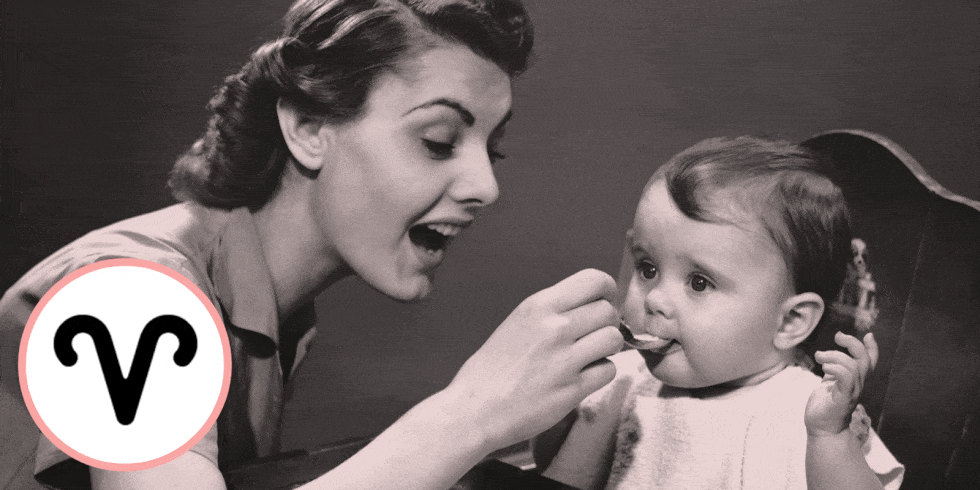Why Do Women Typically Believe in Astrology More Than Men?
 Image by haveringadultcollege.co.uk
Image by haveringadultcollege.co.uk
As far as historians have studied— women are stronger believers in astrology than men. From ancient to modern times, there is a long list of proof. Today, you only need to flip through the leading women’s magazines like Elle, Marie Claire, and Cosmopolitan to conclude that indeed, women form more decisions based on their birth chart analysis and other astrological concepts than men do.
From how to achieve success in your career, to recommendations on how to save money, and even the best times to fall in love and get married, women tend to be more interested in their horoscopes than men are. Susan Miller, who has a column in Elle, is a very prominent astrologer and her audience includes women from all walks of life, including celebrities and other prominent figures in the industry. But what could be the reason women are more fascinated with astrology than men? Could it be that the planets hold the answers as well?
 Image by medium.com
Image by medium.com
The Primary Purpose of Astrology
As defined by famous psychologists H.J. Eysenck and D.K.B. Nias, astrology is the study that deals with the possible existing connections between the planets’ positions at the moment of birth of an individual. This connection is believed to have a great effect on a person’s character, development, career, marriage, and life in general. James H. Holden wrote and published a book titled “A History of Horoscopic Astrology.” According to him, the belief in the alignment of the planets was started by the Babylonians in the second millennium B.C. In those early times, astrology was practiced only by the literate people of the society who were called “wise men” back then. Aside from being used to identify good and bad omens, astrology was used by ancient people to appease the Gods and to conduct exorcisms.
In modern times, consumers of astrology believe that the planets can tell them what’s going to happen in their immediate life. There are even those astrology fans that would check their birth map first before buying a new cellphone or before getting close to a new friend or lover. While anyone can easily access their horoscopes from newspapers or magazines, those who are dreading to understand more of what their zodiac has to say might consider doing a birth chart analysis. However, as it goes, astrology hadn’t escaped the wrath of science believers. According to a marketing professor from Concordia University, Dr. Gad Saad, there is no way astrology can be tested and there is no solid evidence if it works or not. He even added that astrology can be compared to the concept of destiny. Although astrology is largely criticized by the scientific community, you might be surprised to know that there are more than 700,000 results from the Google keywords “free astrology report”.
 Image by
Image by
How Do We Debunk the Concept of Destiny?
Are you familiar with the Barnum Effect? Dr. Saad also stated that modern astrology is strongly linked to this concept. It is a situation in which someone reads a general statement and feels that it applies to their personal life. Your horoscope of the day might say “you will soon meet the love of your life,” but critics say that most of these statements can apply to millions of people all over the world.
In order to prove it, Dr. Saad said that there should be a specific person who was given that prediction and never met the love of his or her life. But if that’s even possible, it would still be nonsense. No one can prove the concept of destiny. However, the professor added that humans tend to feel pulled in by astrology because astrological predictions show them patterns. It’s in our nature to seek patterns and anything that can feel comforting is welcomed. Not everyone cares whether there is a scientific explanation or not.
 Image by idntimes.com
Image by idntimes.com
The Veer Toward Women
Based on the result of a poll conducted by Pew Research Center in 2009, approximately one in four Americans are astrology consumers. Over the years, the numbers have continued to increase. In 2013, another poll was conducted by Harris Interactive revealing that, out of 2,250 participants, 29% of Americans believed in astrology, natal charts, and the likes. In 2005, Gallup decided to do a poll with gender division. The final results revealed that 28% of women and 23% of men believed in astrology. In 2009, Gallup once again conducted a poll to see if astrology had a universal appeal. However, they found that, compared to men, women are more inclined to believe in the supernatural and unproven concepts of the world. Similarly, women tend to be more religious. What could be the reason behind this?
According to Dr. Phil Zuckerman, a sociology professor at Pitzer College who also has a column in Psychology Today, the focus on women in astrology is one of the side effects of a male-dominated society. Men are known to have more power and privilege. Women, however, are forced to accept that they were born to be the "psychological comfort and institutional support of religion." Dr. Saad speculates that women tend to believe in astrology because of an external loss of control, just like with religion.
 Image by unsplash.com
Image by unsplash.com
Analysis From Scientific Experts
Loss of control, according to the experts, is a psychological concept that defines how much power an individual has over what happens in their life. People with an external loss of control tend to succumb to fate, believing they don’t have control over what will happen anyway. In contrast, people with internal loss, have the confidence that they can regain control over whatever’s happening in their lives. Dr. Saad explains that if women score higher than men in having an external loss of control, this could possibly be the mechanism that’s driving them to believe the concept of astrology. His theory was supported by research that shows that women tend to be more externally focussed than men. He also added that if a person has an internal loss of control, they will be more inclined to stray away from astrology.
Nicole Murray wrote on her blog that another reason why women are interested in astrology is the marketing of astrology towards them. The blogger even gave an example: if you are reading The Huffington Post and suddenly get curious about your horoscope, you have to flip the pages to the Women’s Voices section. This action kind of gives the impression that women are more interested in pseudoscience, palm reading, candles, and other things that do not require data and hard decision-making. Nicole is not the first woman to voice her opinion on unfair branding when it comes to genderizing astrology. For her, it’s just another kind of heavy-handed marketing for women. Surely, she won’t be the last to note this.
Related posts

Finding Enjoyment in Reading the Bible
According to a recent report released by the American Bible Society and Barna Group, almost one in four Americans are reading their Bibles more frequently than they had been a year ago. That's good ne

Aries Zodiac Sign: Learn about Aries Meaning and Traits
Myth: Aries is associated with the golden ram whose fleece was sought by Jason and the Argonauts.. Aries Meaning and Traits Enthusiastic Aries is at the forefront of everything and gets right to the p


